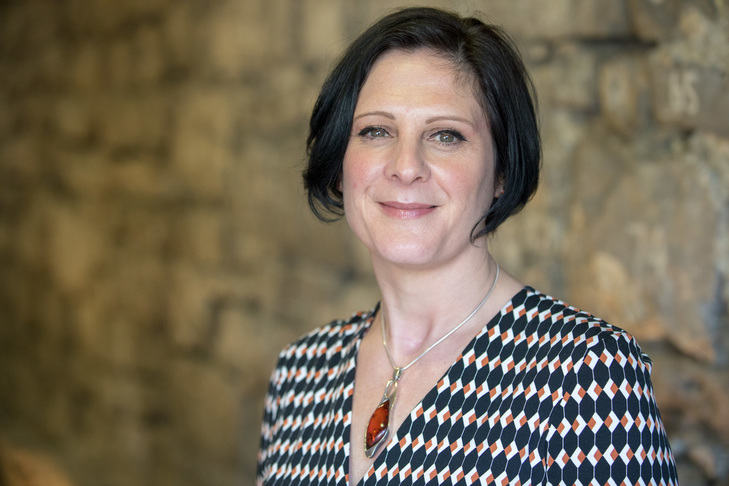Every day in every corner of the globe women, are emotionally, physically, sexually and financially abused by those closest to them - their husbands, partners and boyfriends. According to Women’s Aid research, 1 in 5 Irish women experience some form of domestic violence. This can affect any woman regardless of age, marital status, class or ethnic background. Without exception, a woman’s greatest risk of abuse is from a man she knows.
In Ireland in 2018, the Women’s Aid 24 hour National Freephone Helpline responded to 15,835 calls. This figure is shocking but we know that this is just the tip of the iceberg as research tells us that only a small percentage of victims will access support from a Helpline or support service1.
That means many thousands of women may be suffering in silence and alone. It is important that any woman who is being abused feels she can talk to someone, whether a family member or a friend, a colleague or a support service like Women’s Aid. No one deserves to be abused and no one should suffer in silence.
Living with domestic violence can feel like living in an horrific trap. However, there is good news.
Domestic violence isn’t like a terminal illness. We know many women who have escaped abuse and become safe.
If it is happening to you, the main thing to realise is that you are not alone, it is not your fault and it happens to other women every day. Talk to someone you trust or call your local support service. You can find a list of contacts and resources available for women experiencing domestic abusive, in Ireland and other English speaking counties, in the See Also section below.
Many women who experience domestic violence will be pregnant. It is a common mis-perception that domestic violence stops or reduces during pregnancy, but research demonstrates that not only does it not stop during pregnancy but in many cases it escalates - 30% of women who experience domestic violence are physically assaulted for the first time in pregnancy2.
During pregnancy domestic violence can have a range of adverse outcomes on maternal and neonatal health, including: poor nutrition, miscarriage, haemorrhage, premature labour, trauma, placental abruption, low birth weight, maternal deaths and still births.
All of this makes domestic violence a key concern for health professionals within the maternity services.
While pregnancy may be a particularly vulnerable time for women in abusive relationships the regular health check-ups during antenatal care offers professionals key opportunities to identify victims and support them appropriately.
Physical abuse is the easiest form of abuse to understand but domestic violence also covers emotional, sexual and financial abuse. Women contacting us want to talk about all these experiences. It may be a recent incident that hurt them or a whole pattern of behaviour evolving over time that feels increasingly difficult to bear. Domestic violence is not a once off event, but rather a pattern which often escalates over time. It can sometimes be hard ‘to see the wood for the trees’. Having a safe, non-judgemental space to talk enables women to explore concerns and fears they have been harbouring for a while, but felt unable to voice.
For more information on the signs of domestic abuse visit this link.
Women affected by domestic violence may hide, minimise or excuse what is happening to them. There might be no obvious signs that something is wrong in the relationship. However, you may have started to notice that she seems to be nervous of her partner, of upsetting him or disagreeing with him. She may have started to withdraw from work, social occasions or reduce contact with family and friends. She may show signs of losing her confidence, of being depressed and feeling very low in herself.
Unless you are trying to help a woman who has been very open about her experiences it may be difficult for you to acknowledge the problem directly. However, there are some basic steps you can take to help and support someone who has confided in you that they are being abused.
Remember to look after yourself while you are supporting someone through such a difficult and emotional time. Ensure that you do not put yourself into a dangerous situation; for example, do not offer to talk to the abuser about your friend or let yourself be seen by the abuser as a threat to their relationship.
Recognising that you are being abused is an important step. Where you go from here is up to you. You may feel you need time to think about your situation. Or perhaps you have already made up your mind to leave. Whatever you decide, your safety and that of any children you may have is always the priority.
Take it one step at a time. You don’t have to decide whether to leave the relationship right away, if at all. Only you know what the right decision for you is.
Ringing the Women’s Aid National Freephone Helpline or a service near where you live is a good place to start for support and information on your options to help you a build new life where you and your family can be safe.
Sarah is the Director of Women’s Aid Ireland.
